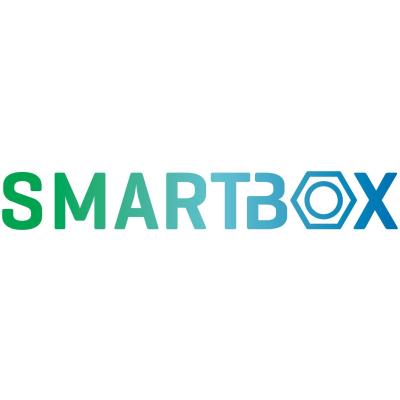
SMARTBOX
Selective Modifications of ARomatics through Biocatalytic Oxidations

Selective Modifications of ARomatics through Biocatalytic Oxidations
Oxidative enzymes have the potential to substantially improve the economic and environmental sustainability of biorefineries. However, enzyme-based processes rely on costly and relatively slow enzyme engineering technologies before the industrial implementation of the enzymatic processes can be considered. This has prevented their widespread uptake. The SMARTBOX project is designed to address this perception and to make oxidative biocatalysis an effective approach in biorefining.
SMARTBOX will develop an advanced computational engineering platform specifically for oxidative enzymes, capable of automatically screening for improved enzyme variants with a high degree of automation by using e.g. machine learning. This should reduce the time and costs associated with oxidative enzyme engineering by ten-fold compared to the current state of the art approaches.
Already during SMARTBOX, the platform is applied to make a number of biorefining processes more sustainable and to create new ways of valorising lignin and carbohydrates. In the long term, this will offer a significant economic opportunity for biorefineries and decrease their environmental impact.
The overall objective of SMARTBOX is to make biorefineries more cost-competitive and environmentally sustainable. Specifically, it will:
The SMARTBOX project seeks to deliver the following impacts. It will: